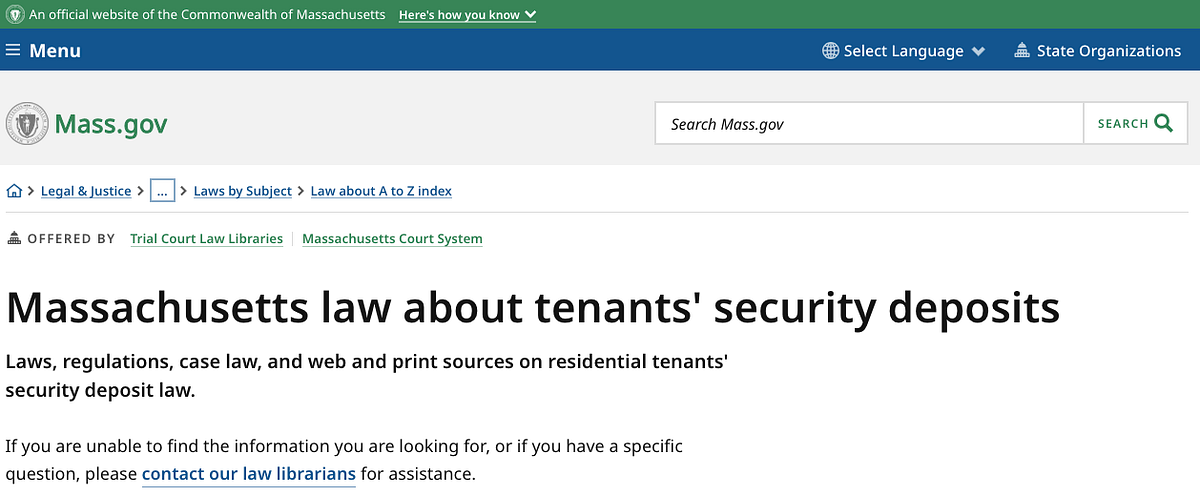When I was writing Rating 26 years of Java changes, I started reflecting on the new HttpClient library in Java 11. The old way of fetching a URL was to use URL.openConnection(). This was intended to be a generic mechanism for retrieving the contents of any URL: files, web resources, FTP servers, etc. It was a pluggable mechanism that could, in theory, support any type of URL at all. This was the sort of thing that was considered a good idea back in the 90s/00s, but has a bunch of downsides:
- Fetching different types of URLs can have wildly different security and performance implications, and wildly different failure cases. Do I really want to accept a mailto: URL or a javascript: “URL”? No, never.
- The API was forced to be lowest-common-denominator, so if you wanted to set options that are specific to a particular protocol then you had to cast the return URLConnection to a more specific sub-class (and therefore lose generality).
The new HttpClient in Java 11 is much better at doing HTTP, but it’s also specific to HTTP/HTTPS. And that seems like a good thing?
In fact, in the vast majority of cases the uniformity of URLs is no longer a desirable aspect. Most apps and libraries are specialised to handle essentially a single type of URL, and are better off because of it. Are there still cases where it is genuinely useful to be able to accept a URL of any (or nearly any) scheme?
.png)




